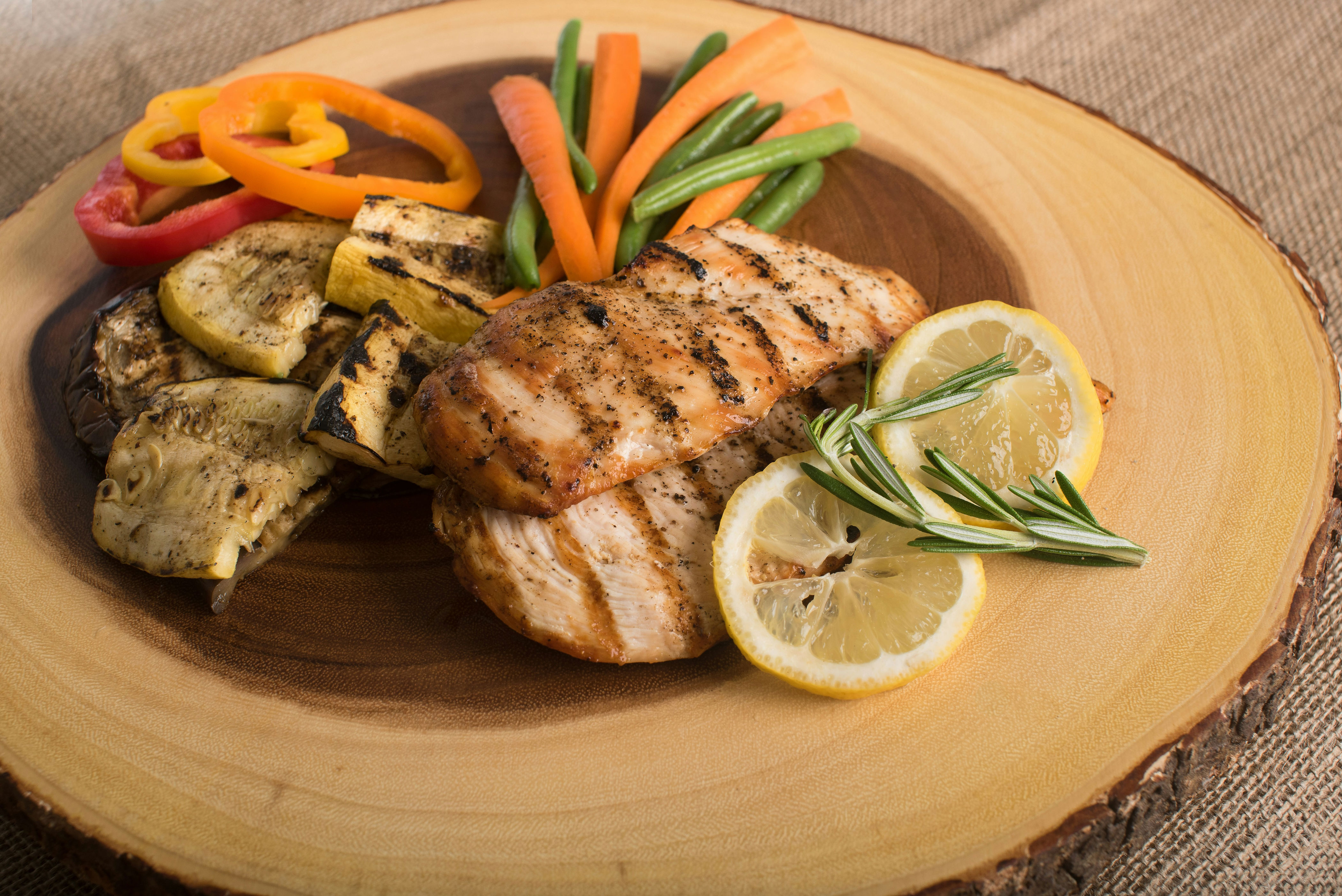Top 7 Protein Sources for Older Adults

The Importance of Protein for Seniors
As people age, their nutritional needs evolve, and one of the most critical nutrients for seniors is protein. Adequate protein intake plays a vital role in maintaining muscle strength, supporting bone health, aiding in recovery from illness or injury, and preventing frailty. While younger adults may not need as much protein, older adults benefit greatly from high-quality, easily digestible sources that can be incorporated into daily meals.
Lean Poultry: A Digestible, Low-Fat Choice
Chicken and turkey are among the best protein sources for older adults. They are lean, low in saturated fat, and easy to prepare in ways that suit senior dietary preferences. Skinless chicken breast, for example, provides around 26 grams of protein per 3-ounce serving. Ground turkey is also versatile and can be used in chili, stews, or as a substitute for beef. Poultry is gentle on digestion and offers a good balance of protein without excessive calories.
Fish: Rich in Protein and Omega-3s
Fish is another excellent protein source for seniors, offering not only high levels of protein but also omega-3 fatty acids that support heart and brain health. Salmon, tuna, sardines, and trout are all top choices. A 3-ounce serving of salmon delivers about 22 grams of protein while also providing vitamin D and healthy fats that help reduce inflammation. Canned tuna or salmon can be a convenient option for those looking for quick meal solutions. Oily fish, in particular, is beneficial for joint and bone health.
Eggs: Affordable and Packed with Nutrients
Eggs are considered one of the most complete protein sources available. Each egg contains approximately 6 grams of protein along with essential vitamins like B12, which supports nerve function. They are highly digestible, making them ideal for seniors with sensitive digestive systems. Eggs can be prepared in various ways—boiled, scrambled, or in an omelet with vegetables. For those concerned about cholesterol, egg whites offer pure protein without added fat. Plus, eggs are an affordable option that can be a staple in a senior’s diet.
Beans and Lentils: A Plant-Based Powerhouse
Plant-based proteins such as beans, lentils, and chickpeas are excellent options for seniors who want to reduce meat consumption. Lentils provide about 18 grams of protein per cup, while black beans and chickpeas offer 14–15 grams each. These foods are also rich in fiber, which supports digestion and helps regulate blood sugar—a key benefit for seniors with diabetes. Bean soups, lentil stews, and hummus are all nutrient-dense, easy-to-digest meals that add variety and protein to the diet.
Greek Yogurt: Creamy Protein with Calcium
Greek yogurt is one of the best dairy options for seniors. It contains nearly twice the protein of regular yogurt, with around 15–20 grams per cup. It's also a good source of calcium, which is essential for maintaining strong bones. Greek yogurt is easy to eat and pairs well with fruit or granola. It can even be blended into smoothies for a nutritious boost. For those with lactose intolerance, lactose-free varieties are widely available. Choosing plain Greek yogurt helps avoid added sugars while still delivering a high amount of protein.
Nuts and Seeds: Convenient Protein Snacks
Almonds, walnuts, chia seeds, and pumpkin seeds are nutrient-dense foods that provide both protein and healthy fats. A handful of almonds contains about 6 grams of protein, while chia seeds add 5 grams per ounce along with fiber and omega-3s. These foods make great snacks for seniors who may not have large appetites but still need to meet their protein requirements throughout the day. They can be added to oatmeal, yogurt, or smoothies for an easy nutritional boost.
Protein Powders: A Helpful Supplement
For seniors who struggle to consume enough protein-rich foods, protein powders can be a helpful supplement. Whey protein is one of the most digestible and complete sources, while plant-based options like pea or soy protein work well for those avoiding dairy. Mixing protein powder into smoothies, oatmeal, or soups ensures that seniors meet their daily protein needs without having to eat large portions. This can be especially useful for those with reduced appetites or difficulty chewing.
Post a Comment for "Top 7 Protein Sources for Older Adults"
Post a Comment